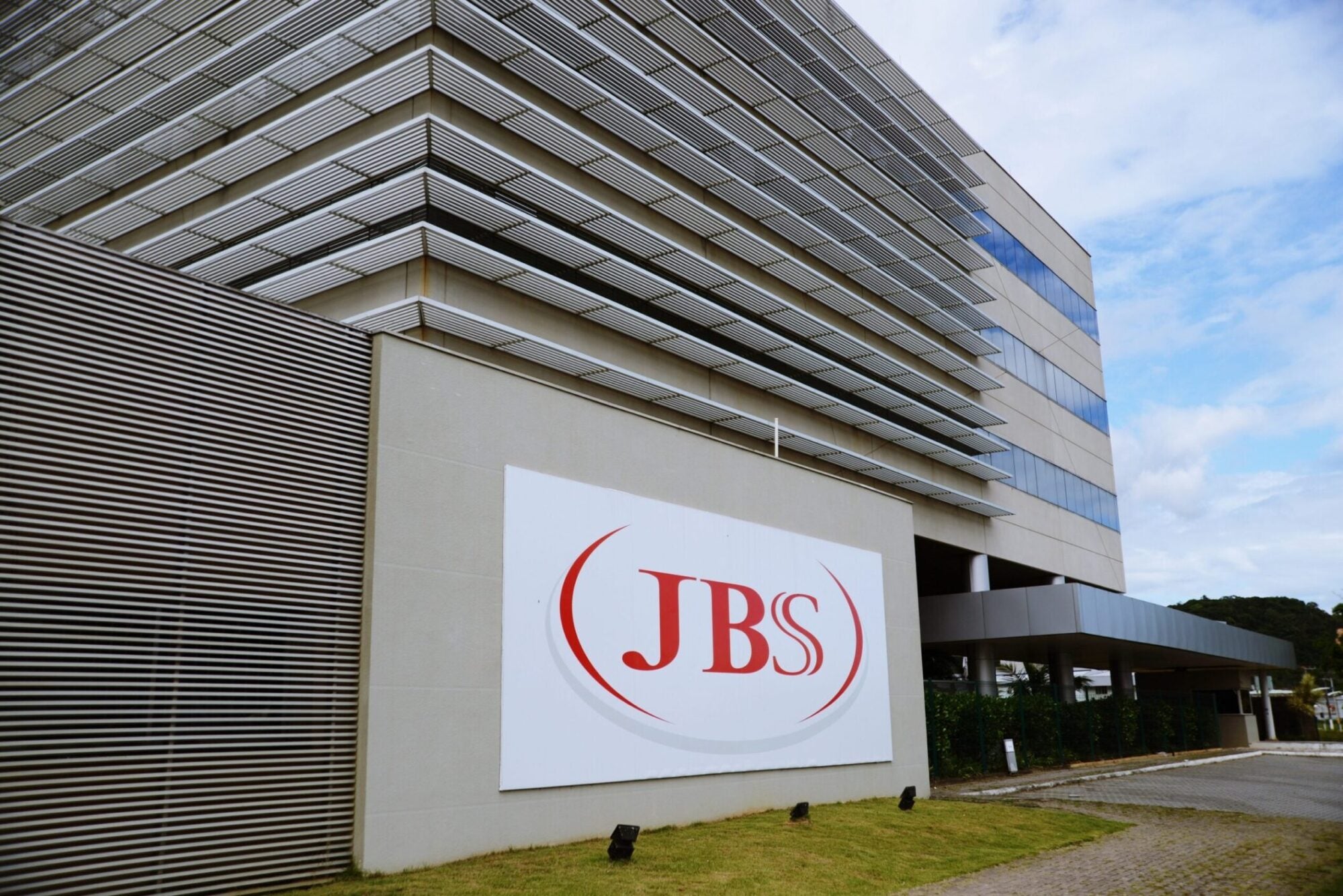
M&A activity in the meat-substitutes – and conventional meat – sectors jumped during the opening two years of the pandemic, figures compiled by GlobalData show.
The number of transactions in the meat-substitutes industry reached 113 between the start of March and the end of February 2022, GlobalData, Just Food’s parent company, said.

Discover B2B Marketing That Performs
Combine business intelligence and editorial excellence to reach engaged professionals across 36 leading media platforms.
That compared to 42 in the prior two-year period, covering March 2018 through to the end of February 2020.
Investor and corporate interest in meat substitutes has grown amid rising demand for plant-based alternatives to conventional meat.
Proponents of plant-based meat say consumer interest has intensified during the Covid-19 pandemic due to an increased awareness of the links between diet and health and between animal husbandry and environmental impacts.
The meat-substitutes market is set for global expansion, with the sector forecast to grow fastest in Australasia, according to GlobalData research. The UK-based data and analytics is predicting the value of the meat-substitutes market – as measured by retail sales – will increase by 95% between 2020 and 2025 to US$11.9bn.

US Tariffs are shifting - will you react or anticipate?
Don’t let policy changes catch you off guard. Stay proactive with real-time data and expert analysis.
By GlobalDataHowever, there have been signs of demand easing in the US, still a principal market for the category. Recent sales figures from publicly-listed Beyond Meat and Maple Leaf Foods have led some industry watchers to reassess how quickly the meat-substitutes market may grow in the country.
Solid activity in meat
In parallel, GlobalData’s M&A analysis suggests deal-making in the market for conventional meat has also been active.
The number of transactions in the meat sector reached 388 between the start of March and the end of February 2022 – versus 294 in the previous corresponding two years.
Speaking to Just Food, Jeroen van den Heuvel, a London-based managing director at US investment bank Oppenheimer & Co., argued meat companies are having to become more competitive amid the growth of meat substitutes (including their investment in distribution, scale and price) and, ultimately, look for ways to consolidate.
JBS, one of the world’s largest meat processors, struck a notable deal in meat substitutes in April 2021 when it acquired Netherlands-based Vivera for EUR341m (then US$410.4m).
However, the Brazil-based giant has also been active in buying peers in the meat industry in recent months. In January, JBS snapped up Australia-based pork processor Rivalea. Three months earlier, the company bought US bacon and ham maker Sunnyvalley Smoked Meats.
2021 also saw Pilgrim’s Pride, the US poultry group then majority-controlled by JBS (but since fully owned) buy UK beef and lamb Randall Parker Foods – and Kerry Group’s meats and meals operations in a deal that valued those assets at an “enterprise value” of GBP680m (then US$942.4m).
“If you have an offensive trend, that always creates a defensive trend. And it’s driven by large- and medium-sized meat companies to increase economies of scale. That way, they’re going to keep their profitability levels healthy in the future.
“That’s driven on the one hand by the trend to meat alternatives but, on the other hand, they also have to deal with rising input costs,” van den Heuvel explained.
JBS has also recently used M&A to enter the seafood market, netting Australia’s Huon Aquaculture in November. However, GlobalData’s analysis suggested the number of deals in the fish and seafood sector declined in the periods under review, falling from 176 to 158.
Other categories in which the number of transactions declined between the two years pre-Covid-19 and the first two years of the pandemic included fruit and vegetables (down 32 to 140), confectionery (falling from 197 to 185) and cooking ingredients (72 to 56).
Dairy and soy food (which GlobalData measures together combined) was another category in which the number of transactions rose, up from 278 to 333.
What about deal value?
Looking at the value of transactions can sometimes be a little less instructive in case mega deals skew comparisons but, if the time periods under review are multi-year, these figures can be more useful.
The combined value of the transactions measured in the meat-substitutes sector rose between the two periods, increasing from $2.6bn to $7.12bn.
In the meat industry, transactions in the sector were worth $36.29bn in the two years from the start of March 2020 to the end of February 2022, compared to $34.18bn in the two years prior.
The value of the deals in the savoury-snacks market almost halved, GlobalData’s figures suggested, falling from $30.34bn to $16.68bn.
In prepared meals, the value of the transactions more than halved, from $27bn to $11.26bn – even as the number of deals rose (123 to 162).
Slicing the data by region, GlobalData classifies transactions in five markets: Asia-Pacific; Europe; the Middle East and Africa; North America; and South and Central America.
In each of the regions – bar South and Central America – the number of deals rose. There were 56 transactions in South and Central America in both periods.
The combined value of deals was up in all regions except the Middle East and Africa, where $3.67bn of transactions were booked in the two years to the end of February 2022, compared to $4.71bn in the prior two-year period.
Additional reporting by Simon Harvey.
--
Just Food analysis: Is US plant-based meat market facing inflection point or short-term blip?
Just Food review: 2021 – The year in food industry M&A
--
Methodology: The analysis looked acquisitions, venture-finance deals and private-equity transactions across 19 categories in two time periods: the start of March 2018 to the end of February 2020; and the start of March 2020 to the end of February 2022.
GlobalData classifies meat substitutes as: soy-based products; grain-based lines; those made from a single-cell protein such as fungi or algae; and ‘vegetable- or plant-based proteins’ such as those made from legumes.





